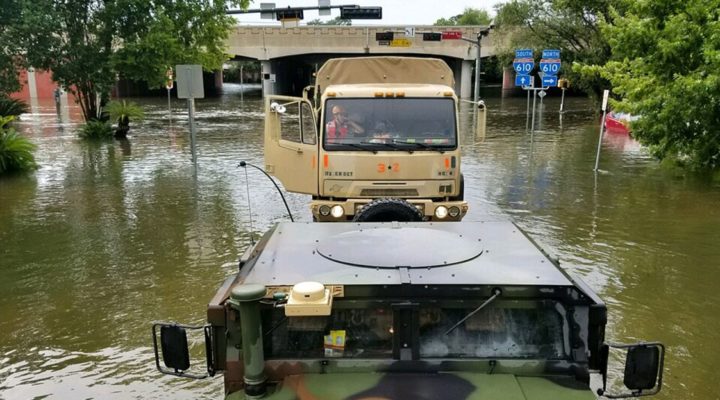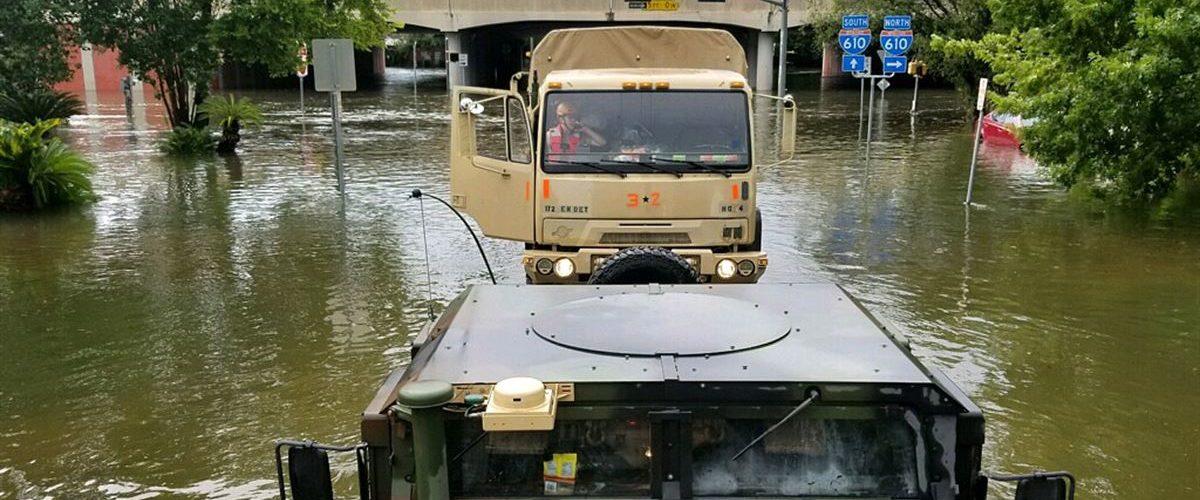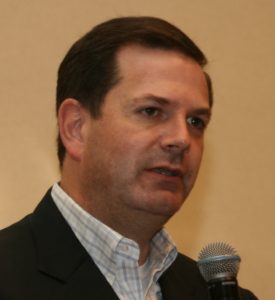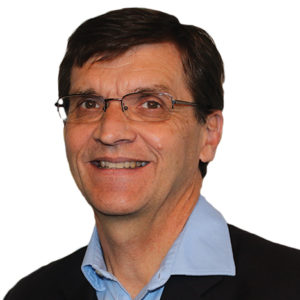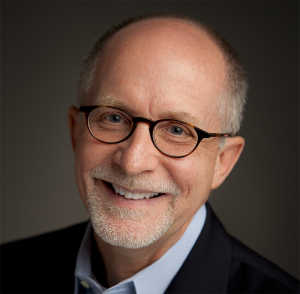Don’t ask a Houston resident how the city is doing. Trapped on top of rooftops or in shelters, or in homes with no power, it’s likely they know little more than their own situations.
The same is true for local pastors since Hurricane Harvey blasted ashore Aug. 25, pummeling the region with high winds and merciless rain and flooding.
“I have no idea how churches in general are doing,” Steve Wells, pastor at South Main Baptist Church in Houston, said by phone Tuesday afternoon.
“Until today, we were stuck in our neighborhood, an island surrounded by a big sea.”
That’s hardly an exaggeration considering Harvey, or what was left of it, was expected to dump well over 50 inches of rain during its unwelcome visit to the greater Houston region, causing dams and levees to breach.
At least 30 people have died — including a police officer who drowned in his patrol car Sunday morning. Tens of thousands have been displaced, as shelters bulged with thousands of Harvey refugees.
Religious communities have not been spared, with some reportedly sustaining major structural damage from winds and water. For others, the impact was more programmatic. Based on numerous social media reports, most houses of worship canceled services over the weekend and have been trying to locate members ever since.
A number of Houston-area churches affiliated with the Cooperative Baptist Fellowship canceled Sunday worship and Monday office hours. These included Tallowood Baptist Church, University Baptist Church, Willows Meadow Baptist Church and Wells’ South Main Baptist.
Tallowood Pastor Duane Brooks preached a sermon by video for stranded viewers and University Baptist agreed to serve as an operation center for Texas Baptist Men as disaster-relief efforts began.
Churches have continued to urge their members to check in on social media and to share any needs they have, spiritual or physical.
“Please continue to be safe, take care of your neighbor, and communicate congregation needs as you can,” Wells said on Facebook.
But many are at work to get a clearer picture of the state of congregations in the region Harvey ravaged.
“Mostly what we have been trying to do is contact churches in the affected area, how their memberships and communities were impacted by Hurricane Harvey,” said Rick McClatchy, field coordinator of CBF Texas. “We are still in that process.”
And it’s slow-going, he added, with most reports coming via email and social media.
“We know some have been flooded and we have heard of some with significant wind damage,” McClatchy said.
Many have had to evacuate. McClatchy said he was able to speak with Sugar Land Baptist Church Pastor Taylor Sandlin about his congregation and their community near Houston.
“Maybe a third of the membership had to be evacuated, and he himself had to evacuate his house,” McClatchy said. “At Willow Meadows [Baptist Church] close to a dozen families were impacted.”
Churches in less affected areas have reported that preparations are already underway to send volunteers and needed materials to the impact zones once flooding abates and authorities give the go-ahead, McClatchy said.
Some churches, like First Baptist in Corpus Christi, have opened their facilities to first responders and other volunteers already bringing help, he said.
And CBF Texas is now establishing a team and system that will begin to provide assignments for church volunteers from around Texas and other states when they begin to arrive.
“But first the flood water has to recede … which may take a while — it may be several weeks,” McClatchy said. For now, the CBF is urging people to contribute prayers and financial contributions.
Some are curious why groups like the Salvation Army and Texas Baptist Men are already operating in the hardest-hit areas, while CBF and other religious organizations wait for flooding to evaporate.
The CBF specializes on long-term recovery, not providing first-responder disaster relief services, said Marv Knox, field coordinator for Fellowship Southwest, a regional affiliated of the CBF.
So for now, information is being gathered so the Fellowship can inform volunteers what kind of skills and equipment they will need, he said.
But those on the inside are not simply waiting for the outside world to arrive. Instead, they are addressing the needs of their own congregations and neighborhoods.
For Wells, that meant taking in a Jewish family of five, neighbors whose home was flooded. Monday night, some church members and neighbors visited the Wells home — which has not lost power — for a cookout.
Wells was able to visit the George R. Brown Convention Center, a downtown facility turned into a shelter, to pray with those who are displaced.
Wells said folks throughout his neighborhood have been taking action on the needs before them.
“All of the work we have done so far is at the cellular level — just for the folks around you.”
Related stories:
Religious groups, with more to come, already assisting Harvey victims
Here’s how you can help people impacted by Harvey
Houston churches fight flooding after Harvey cancels services

